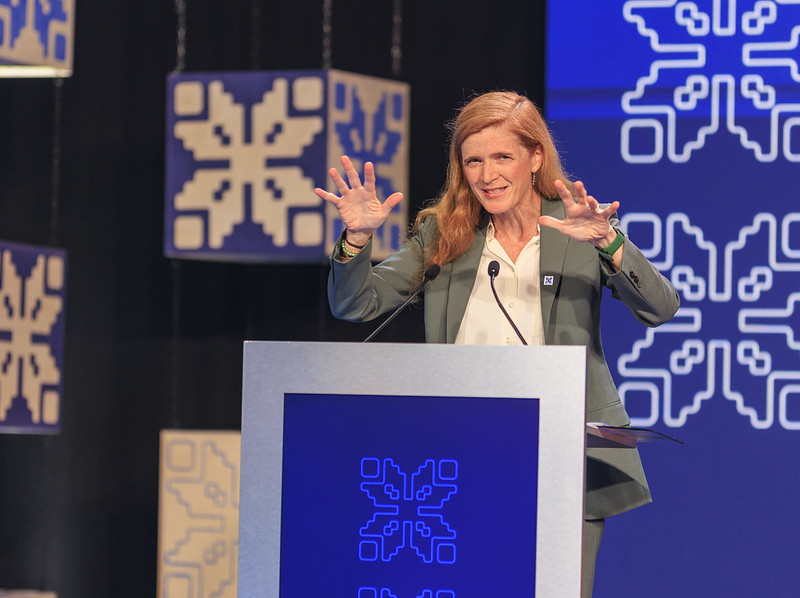At least 15,750 teachers nationwide sat for the November 2023 professional qualifying examination which began on Thursday and ended on Saturday.
The qualification examination is conducted by the Teachers Registration Council of Nigeria, TRCN, to test the professional competence of teachers.
Director, Certification and Licensing at the TRCN, Dr Jacinta Ezeahurukwe, told newsmen on Saturday in Abuja that the examination ensured that teachers were competent and licenced before they go to teach.
“The examination, conducted in batches, held in some states on Thursday; it held in some other states on Friday and the last batch held on Saturday.
“In all, we had 15,750 teachers who wrote the examination for the `Batch B’ across the country.
“We conducted the examination for more than 100,000 teachers in the past. Our target is to cover all unregistered teachers.
“The examination is mandatory because teaching is a profession and for every profession, there must be a professional qualifying examination.
“One of the features of a profession is that apart from the academic qualification, practitioners must write a qualifying examination and must be registered and licenced.
“If teachers do not write the examination, it would not be possible to licence them to teach. The examination is not testing subject knowledge, it is testing for professional competence,’’ she said.
Mr Ezeahurukwe explained that the qualifying examination establishes foundational knowledge that a teacher must possess and exhibit as contained in professional teaching standards.
The results of the November examinations would be released in two weeks, she added.
“It is a computer-based examination and the questions are not replicated to wade off malpractice.
No two candidates can have the same set of questions.
“The questions are scrambled and categories have their different questions.
“Questions for `Category D’ which is for National Certificate of Education holders are different from questions for `Category C’ for first degree or Bachelor of Education or Post-Graduate Diploma degree holders.
“Questions for `Category B’ – Masters Degree holders are also different from those for `Category A’ – PHD holders,’’ she explained.
In his remarks, Director of Reform Coordination and Service Improvement at the Federal Ministry of Education, Dr Yusuf Saidi, said the examination would also enhance quality teaching.
He called for more support for the TRCN to deliver on its mandate in ensuring that teachers were licensed to practice.
“The TRCN ascertains that it is those that registered that sat for the examination; there cannot be proxy candidates,’’ he said.
Mr Saidi represented, the Permanent Secretary, Federal Ministry of Education, David Adejo at one of the examination centres.
Some of the candidates who spoke with newsmen expressed confidence in the examination, saying it would weed out quack teachers.
Secretary of the Nasarawa State chapter of the National Association of Private Schools, Dr Olu-Andrew Kayode, a candidate, told newsmen that the examination would help to improve teaching quality.
“As an educationist, I observe that the examination is very simple. It allays fears about computer-based tests.
“With what I have experienced today, a basic computer knowledge and ability to read and write are all you need to pass,’’ he said.
Another candidate, Luka Gabi, commended the TRCN for the introduction of computer-based tests and called for an upgrade of the system.
Chioma Okpara, a private school owner who also sat for the examination, advised uncertified teachers to sit for the examination as it had inherent benefits.
 Donate
Donate



